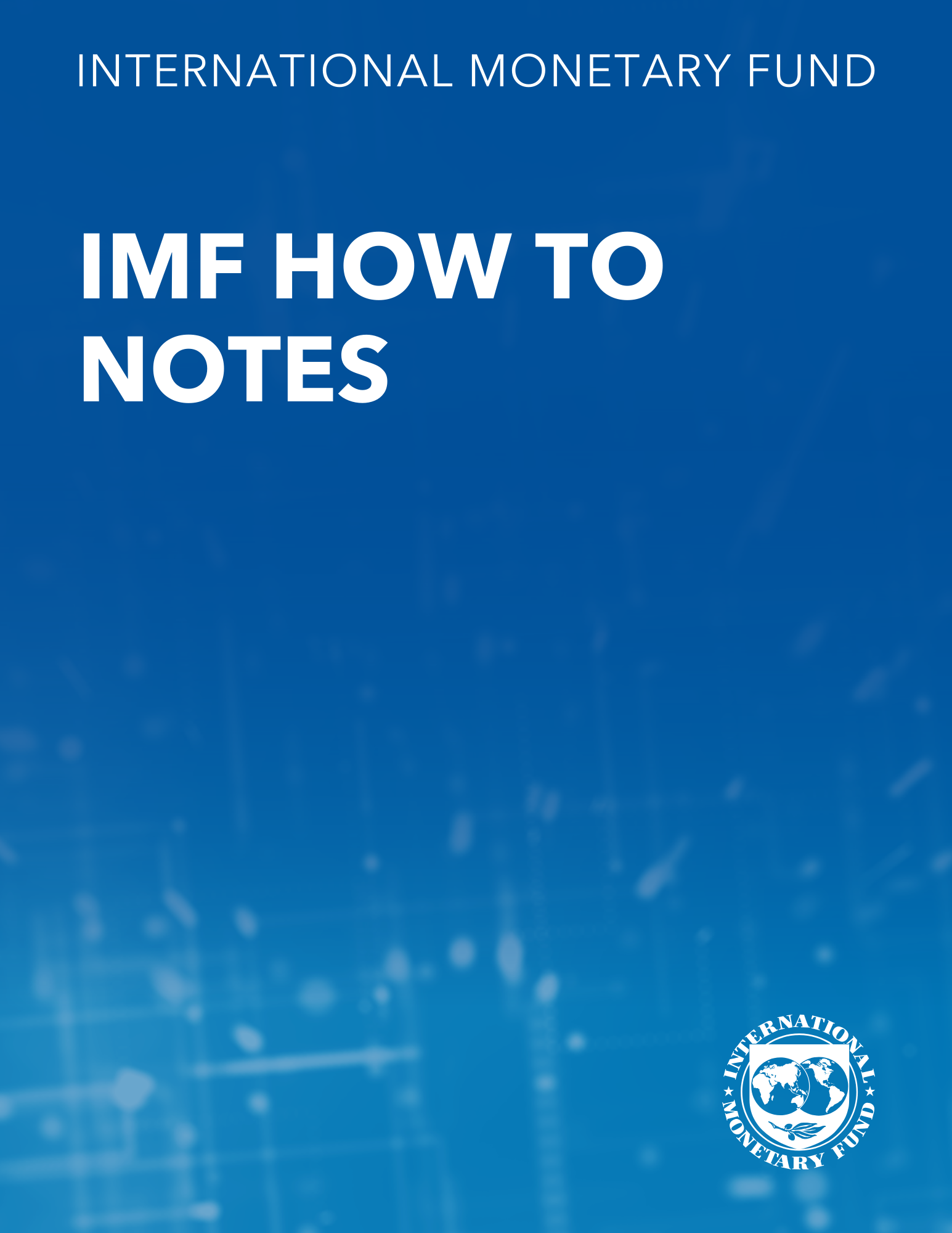Food Prices and the Multiplier Effect of Trade Policy
September 26, 2014
Disclaimer: This Working Paper should not be reported as representing the views of the IMF.The views expressed in this Working Paper are those of the author(s) and do not necessarily represent those of the IMF or IMF policy. Working Papers describe research in progress by the author(s) and are published to elicit comments and to further debate
Summary
This paper studies the relationship between trade policy and food prices. We show that, when individuals are loss averse, governments may use trade policy to shield the domestic economy from large food price shocks. This creates a complementarity between the price of food in international markets and trade policy. Specifically, unilateral actions give rise to a "multiplier effect": when a shock drives up the price of food, exporters respond by imposing restrictions while importers wind down protection, thus exacerbating the initial shock and soliciting further trade policy activism. We test the key prediction of the theory with a new dataset that comprises monthly information on trade measures across 77 countries and 33 food products for the period 2008-11, finding evidence of a multiplier effect in food trade policy. These findings contribute to inform the broader debate on the proper regulation of food trade policy within the multilateral trading system.
Subject: Exports, Food prices, Imports, International trade, Prices, Tariffs, Taxes, Trade policy
Keywords: aversion term, Exports, Food crisis, food price, food price change, Food prices, Global, import tariff, Imports, instrument trade policy utilization, international price, Loss aversion, moving average, Multiplier effect, price change, price of food, reference price, staple food, Tariffs, trade measure, Trade policy, world price surge, WP
Pages:
48
Volume:
2014
DOI:
Issue:
182
Series:
Working Paper No. 2014/182
Stock No:
WPIEA2014182
ISBN:
9781498320382
ISSN:
1018-5941







